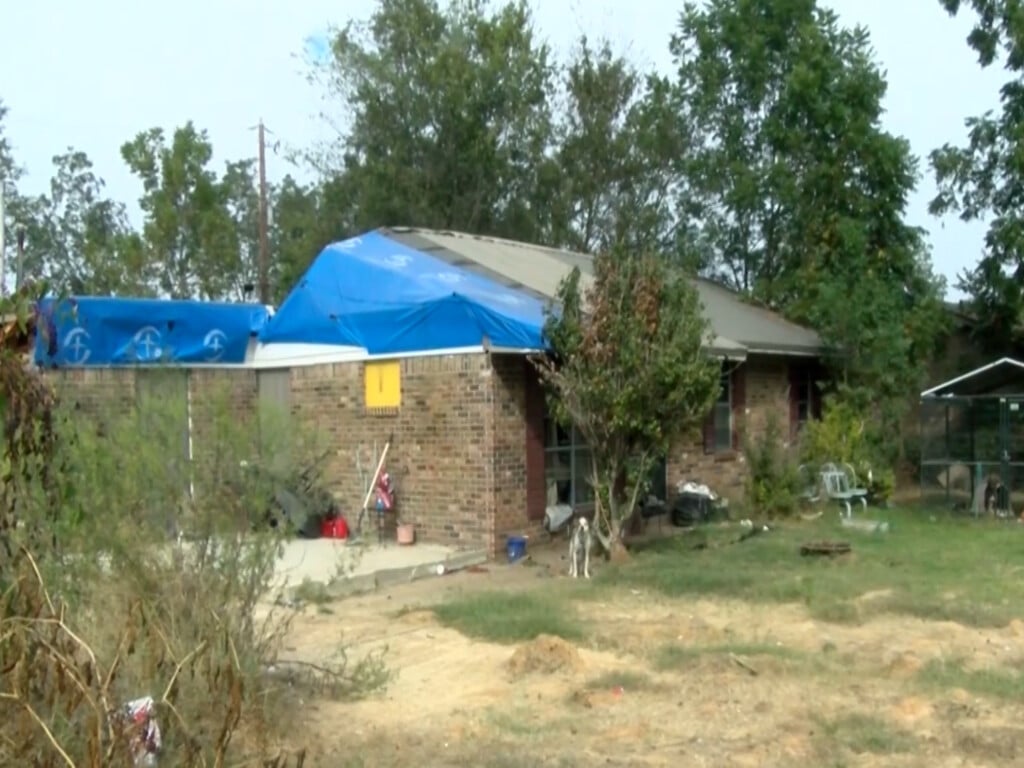New Laws for Mississippians on the Horizon
Columbus, Miss. (WCBI) – New Mississippi legislation will go into effect on July 1st. Here’s what you need to know.
One of the most popular bills passed was House Bill 349.
The law will ban trucks and SUVs with a lifted front fender more than 4 inches higher than the back fender, popularly known as squatted vehicles.
Law enforcement and lawmakers raised concerns over reduced visibility resulting in safety hazards to pedestrians and other drivers.
Over 2100 bills were introduced in the Mississippi Legislature but only 225 became law.
District 41 State Representative Kabir Karriem of Columbus says a few controversial bills like HB1409 slipped through the cracks but, there was a silver lining.
“1409, which was a criminal justice reform bill that would have uh restored the rights to disenfranchised voters across the state. Over 40,000 people would have benefited from the bill.
It passed the house overwhelmingly but when it got in the Senate, it got stuck in the committee and it died. Fortunate enough, we had House Bill 64 which still would allow individuals who are incarcerated to vote if they haven’t been convicted with a disenfranchising crime. it will become law July 1st. But it was a victory for voting rights in the state of Mississippi.”
Public schools will now have their share of 250 million dollars in state funds due to the new Mississippi Student Funding Formula.
Walker’s law, which was named after a Starkville teen who took his own life after becoming a victim of sextortion, will make sextortion illegal in the state and impose a maximum penalty of 15 years in prison.
Lastly, House Bill 1323 served as a beacon of hope for the elderly or other vulnerable groups of Mississippians who may have suffered sexual abuse.
“It removes the statute of limitations on those crimes. And if new evidence comes up like DNA, those perpetrators can be prosecuted with new evidence. So the statute of limitations doesn’t run out on those particular crimes.”
In order for a bill to become law, it has to be passed by both the senate and house of representatives and then be signed into law by the governor.




